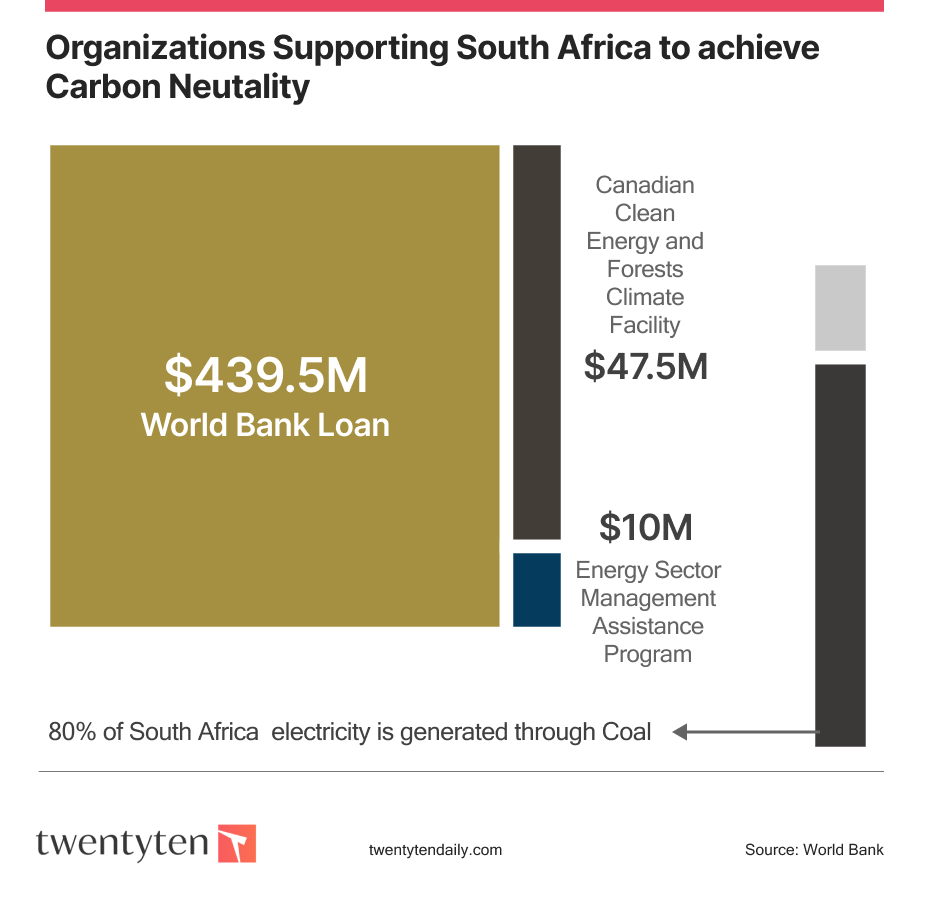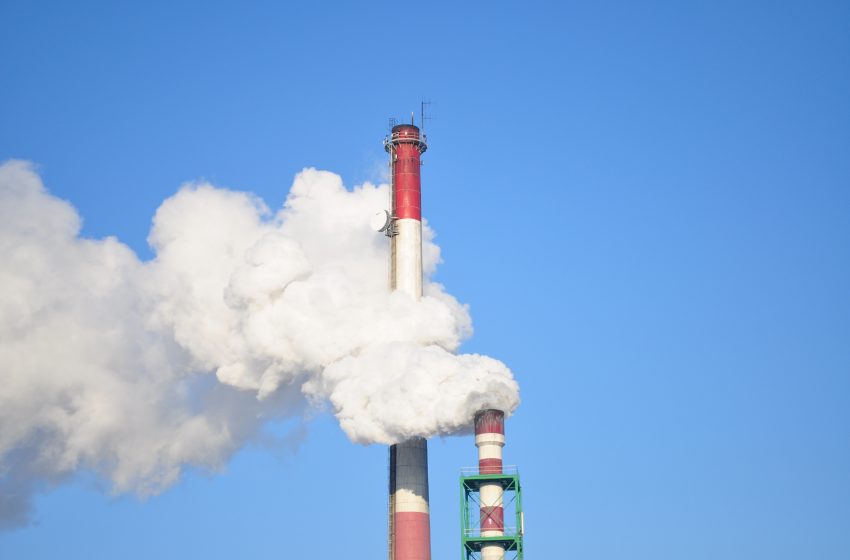The World Bank has granted South Africa financing of $497 million to decommission one of its largest coal-fired power plants and convert it to renewable energy.
According to a statement by the apex bank, the newly closed Komati power station about 170 kilometres (105 miles) northeast of Johannesburg will be repurposed using solar and wind sources, supported by batteries for storage.
The project aims at easing carbon emissions and creating economic opportunities for one of the world’s largest greenhouse-gas emitters for at least 60 years.
South Africa also secured $8.5bn in loans and grants at the UN climate talks last year from a group of rich nations to finance its switch to greener energy, but it remains largely dependent on coal, which generates 80% of its electricity. The power sector accounts for 41% of national CO2 emissions.
In total, South Africa has received $497 million in funding from different organizations, including the World Bank to help achieve carbon neutrality in the country. The funding comprises a $439.5 million World Bank loan, a $47.5 million concessional loan from the Canadian Clean Energy and Forests Climate Facility and a $10 million grant from the Energy Sector Management Assistance Program (ESMAP), an initiative to help low and middle-income countries.

However, the World Bank says South Africa would need at least $500 billion to achieve carbon neutrality by 2050.

